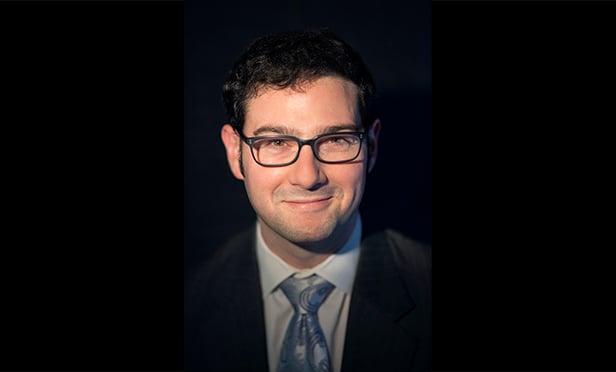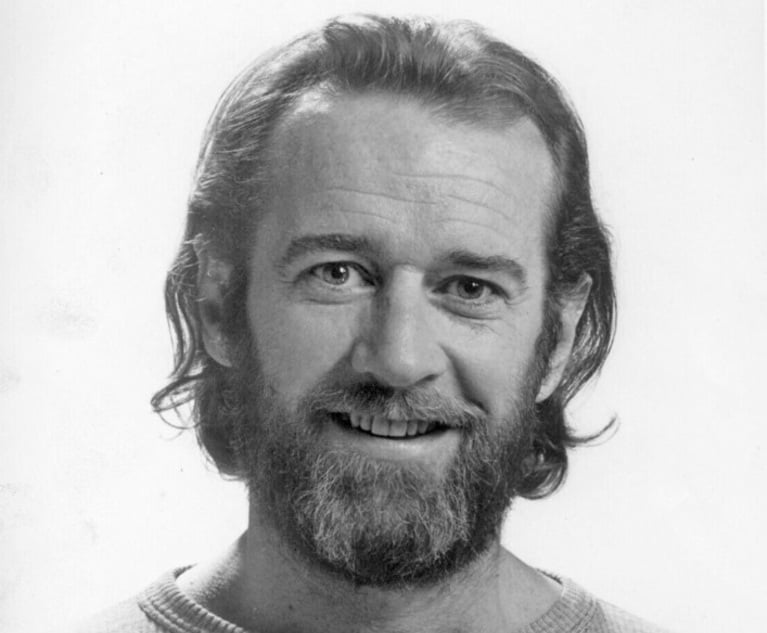In 1998, a fashionably late California joined 44 states in adopting a procedure to allow out-of-state courts to request the state supreme court decide unsettled questions of state law relevant to their ongoing proceedings. Primarily aimed at federal courts, which frequently hear state law claims under their diversity jurisdiction, the rule was controversial and faced stiff resistance at the outset. But now, two decades on, it’s turned out a great success.
It was a much longed-for rule. Other states’ last-resort tribunals had been taking federal referrals since the 1940s, and the practice became a kind of cause célèbre in the 1970s, with express endorsements from institutions from the American Bar Association to the legal academy to the U.S. Supreme Court. By the 1980s and 1990s, the Ninth Circuit began to publicly complain about California’s sideline status; while the circuit’s other states had referral rules, California makes up nearly half the circuit caseload, so the absence was tangible.


 Ben Feuer, California Appellate Law Group
Ben Feuer, California Appellate Law Group




